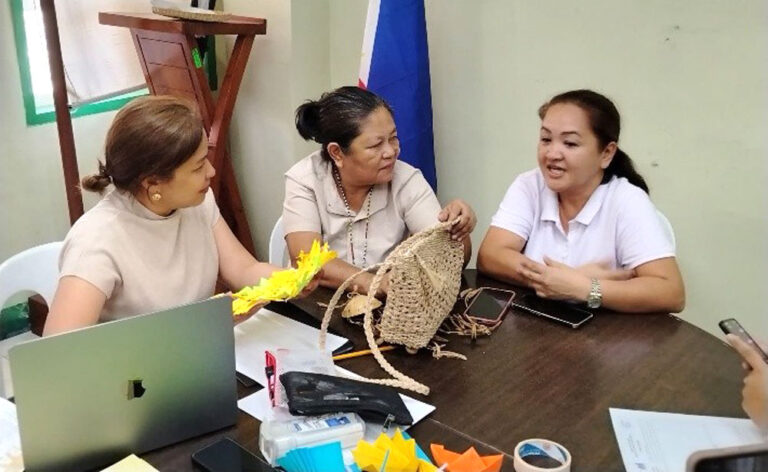THE ZAMBOANGA CITY Health Office has expressed alarm over the rising numbers of dengue cases following the deaths of over a dozen people since January.
Dr. Dulce Miravite, who heads the City Health Office, has confirmed the fatalities and although alarmed by the increasing number of cases, she said it has not reached epidemic level. But Miravite was quick to say that steps are needed to prevent the spread of the deadly virus caused by female mosquito bites, particularly the species Aedes aegypti, and to a lesser extent, the Aedes albopictus and the mosquito also transmits chikungunya, yellow fever and Zika infection, according the World Health Organization.

Mosquitoes can lay eggs in any space or container that holds clear and stagnant water and they usually bite between 2 hours after sunrise and 2 hours before sunset and can be found inside and outside the house.
Miravite urged residents to clean their surroundings and destroy mosquito breeding grounds in stagnant water such as in tires, tin cans or canals. She said water storage at home should also be properly covered. “El de aton water storage, si tiene man kita ta recuhi agua, necesita tapa,” Miravite said. “Hace seco el areredor, si tiene agua tan pondo, puede pone larvicide.”
She said larvicides – an insecticide that is specifically targeted against the larval life stage of an insect – are available at the City Health Office. Miravite advised residents to wear long sleeved shirts and long pants and apply insect repellents to protect them from mosquito bites, especially when outdoors.
President Rodrigo Duterte recently signed Republic Act No. 11332 or the Mandatory Reporting of Notifiable Diseases and Health Events of Public Health Concern Act requiring the reporting of public health concerns and events such as infectious diseases and epidemics. The law aims to protect the population from public health threats through mandatory reporting, disease surveillance, and an effective response system.
It tasks the Department of Health, specifically its Epidemiology Bureau, to regularly update and issue a list of nationally notifiable diseases or ailments that must be reported to the public. Response systems include protocols for reporting of diseases, measures for data security and confidentiality, and procedures and provisions to ensure the safety of personnel conducting disease surveillance and response activities.
The new measure requires the Department of Health and its local counterparts to provide accurate and timely health information about notifiable diseases and health-related events and conditions to the public and health providers. The law also allows municipal, city, and provincial health offices to declare a disease outbreak within their respective areas as long as the declaration is backed by scientific evidence.
The symptoms of dengue infection include sudden onset of fever of 2 to 7 days, headache, body weakness, joint and muscle pains, pain behind the eyes, loss of appetite, vomiting, diarrhea, and skin rashes. It is important to seek early consultation between 1-3 days of fever to immediately recognize the disease, which may require the patient to increase fluid intake, especially oral rehydration solution that is proven to be life-saving for dengue patients. (Zamboanga Post)
Like Us on Facebook: The Mindanao Examiner
Like Us on Facebook: The Zamboanga Post
Follow Us on Twitter: Mindanao Examine
Read And Share Our News: Mindanao Examiner Website
Mirror Site: Mindanao Examiner Blog
Digital Archives: Mindanao Examiner Digital
Media Rates: Advertising Rates



